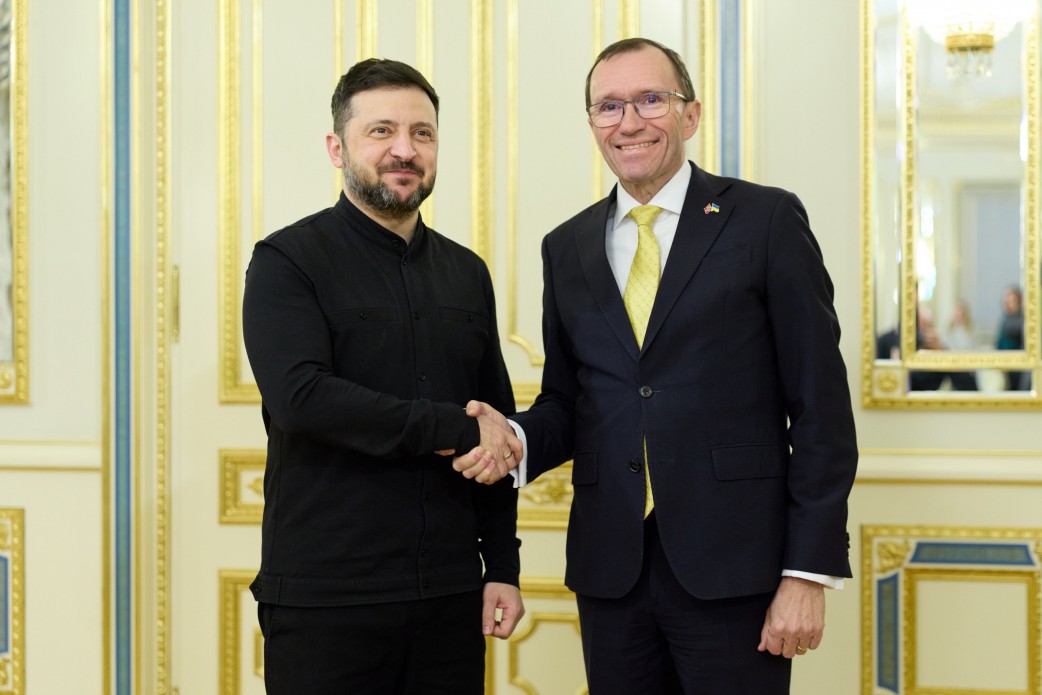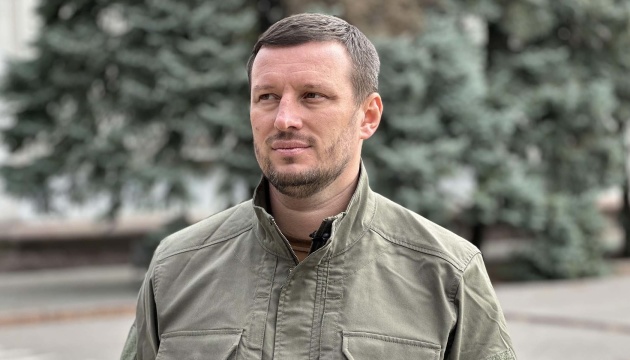A Latvian microchip manufacturing company, SMD Baltic, with a factory in Daugavpils, publicly condemned Russia's full-scale invasion of Ukraine, announcing it would no longer accept orders from Russian and Belarusian companies. However, its Belarusian owners — Sergey Khvalko, Maxim Bohush, Sergey Sayavets, and Latvian citizen Dmitry Radkevich — continued to export Western-made chips to Russia using a secret network of companies. This information comes from OCCRP.
Before the war, nearly half of SMD Baltic's production was supplied to the Russian company 'Novaya Elektronnaya Kompaniya' (NEK), which is also owned by SMD Baltic's owners, including Khvalko, Bohush, and Radkevich.
After EU and US sanctions were imposed in late 2022, NEK established supply chains through Kazakhstan, Turkey, and China, continuing to deliver components from companies like Intel and Texas Instruments, which are under US sanctions.
"Any goods with U.S. inputs (production machinery, intellectual property, components, etc.) falls under U.S. export controls no matter where they are manufactured," Benjamin Hilgenstock, a senior economist at the Kyiv School of Economics and a member of the international working group on sanctions against Russia, told The Buro.
The investigation also revealed that Khvalko, through a company named SkyGlobal registered in Minsk, exported $1.5 million worth of components to Russia for 'Bulat,' a company linked to Russian entities under sanctions, such as 'Rostelecom.'
Since 2023, one of the largest clients of the renamed company Micromount has been the Russian technology group Geoscan, known for producing drones for the Russian military.
Geoscan is included in US sanctions lists, and part of its shares are owned by the Innopraktika fund, managed by Vladimir Putin's daughter.
When The Buro presented to Khvalko, he told them that “[w]e don't work with anything related to war. This is our principled position.”
Although violating sanctions by shipping Western chips to Russia, Khvalko and his partners are thought to have made at least $2.5 million and the revenues of SkyGlobal and Micromount increased by factors of 70 and 12, respectively.




















